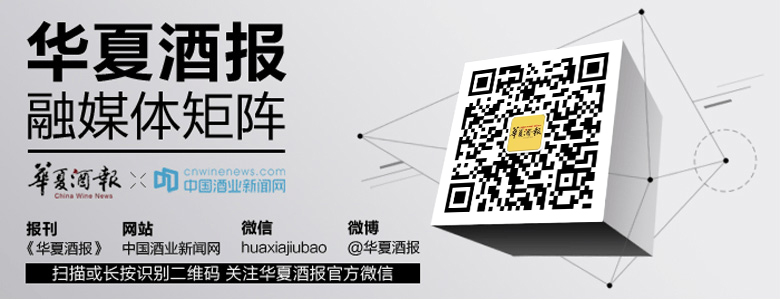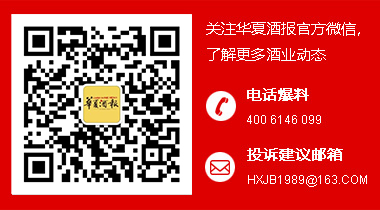From 7-9 November, the 16th Hong Kong International Wine Fair, organised by the Hong Kong Trade Development Council, was held at the Hong Kong Convention and Exhibition Centre. Thanks to the adjustment of spirits tax, the number of ChineseBaijiu exhibitors at this exhibition has increased significantly, showing the determination and vitality ofBaijiu brands to actively participate in the international market competition.
At this year's exhibition, baijiu became a highlight, with well-known brands from many regions gathered together, including Moutai, Wuliangye, Luzhou Laojiao, Fenjiu, Langjiu, Zhenjiu, Jingzhi and so on. In addition, a number of wine enterprises from Guizhou and Sichuan have jointly organized a group to participate in the exhibition, jointly demonstrating the unique charm and profound cultural heritage of ChineseBaijiu.
"One of the reasons why the Hong Kong government has lowered the duty on spirits is that it hopes Hong Kong can have a better business environment to promote Chinese spirits and products." GaoSheng International Trade Co., LTD. Marketing director Liu Peiyi said. As Hong Kong local exhibitors, they are Moutai, Wuliangye, Luzhou Laojiao, Xijiu, Jingzhi and Kuaijishan international channel business.
"In terms of the current market, in Hong Kong, baijiu and rice wine have different customer groups. Yellow wine is often used for dining, while white wine is inclined to banquet or gifts, so the opening environment of white wine and yellow wine is very different. In terms of the flavor of baijiu alone, it is still more popular, especially Maotai, which sells well." Liu further pointed out that for ordinary consumers, due to the lack of relevant knowledge, it is difficult to tell what flavorBaijiu to drink, and usually they will buy the products preferred by leaders or customers.
Corrado Schinelli, who heads an Italian wine booth and is also an ambassador for Italian wine promotion, said he has established a partnership with a white winery in Luzhou. "In view of my commitment to promoting Italian wine to the global market, including China, the white winery has asked me to be a brand ambassador to help bring itsBaijiu products to the international market." Corrado Schinelli.
Industry experts pointed out that the international exploration of baijiu and cooperation with international vintners may become a trend in the future. This approach can not only effectively avoid direct competition between similar products, but also make full use of the existing international sales channels and rich market experience of wine merchants to achieve cross-cultural product portfolio, and then attract a wider range of consumers.
Although baijiu has been quite active in exploring overseas markets, one phenomenon cannot be ignored, which is that many foreign buyers often turn away without trying once they learn the alcohol content of baijiu. This reflects that the high alcohol content of baijiu may be a threshold for some international consumers, affecting their interest in further understanding and tasting Chinese baijiu.
"In Korea, baijiu is mainly consumed by older consumers, and younger people are less willing to try it. "If we want to market younger, we may need to learn from the success of other spirits - either by reducing the alcohol content, or by providing the recipe on the label to increase the appeal of the product." A buyer from South Korea admitted.
WhenBaijiu brands try to expand overseas markets, whether they need to adjust the alcohol content and taste is worth thinking about. If no adjustment is made, how to stimulate consumers to take the initiative to try and accept becomes a big challenge; If you choose to adjust, you need to find a standard of alcohol content that can maintain the quality of the product and ensure that the taste is balanced.

